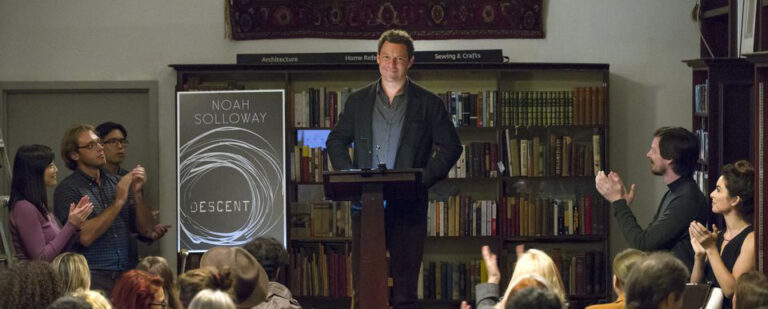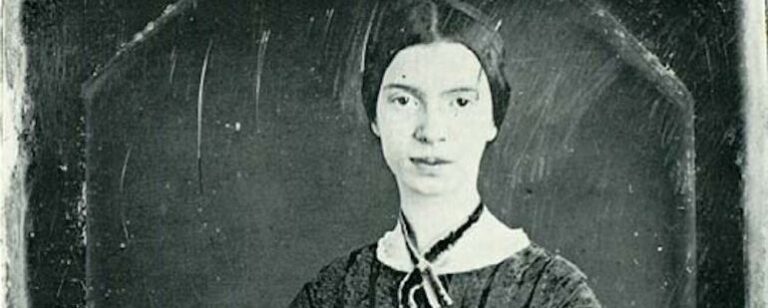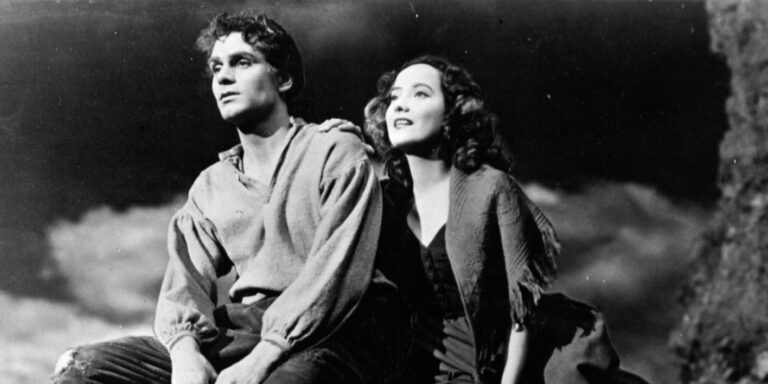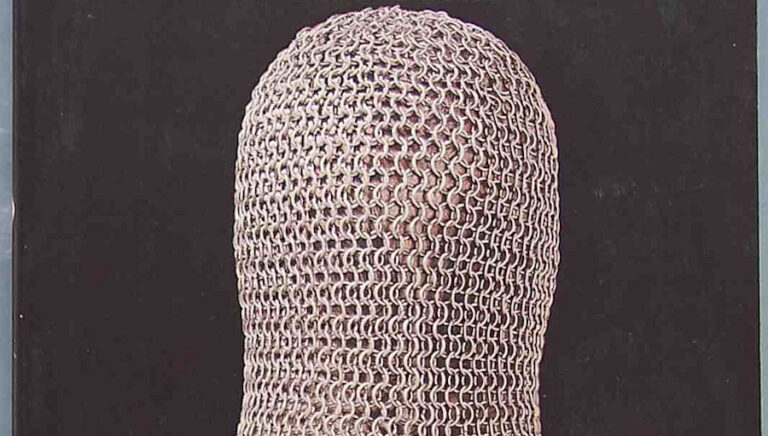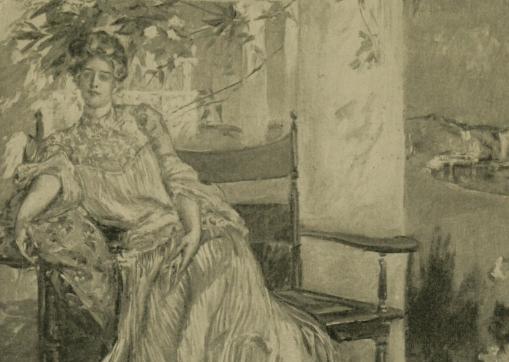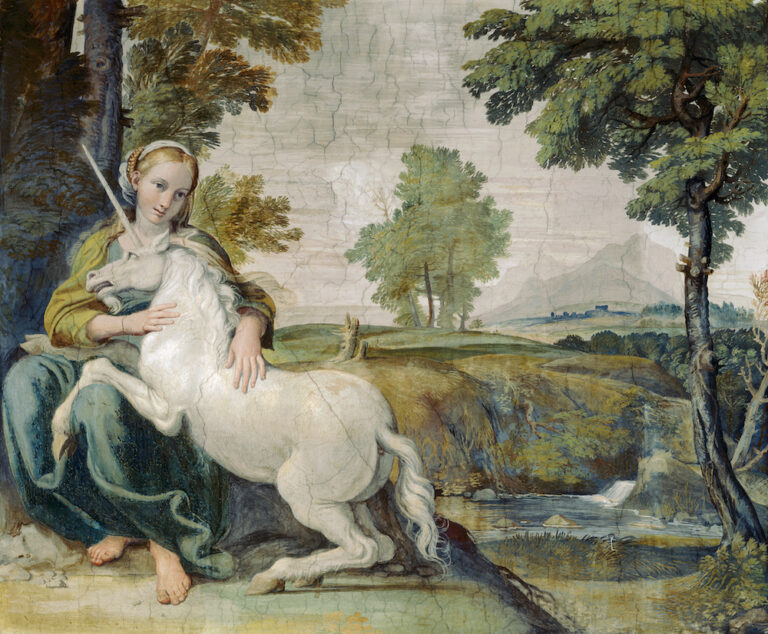The Affair’s Slyly Satirical Portrayal of the White Male Literary Darling
While Showtime’s The Affair has been praised for its incisive exploration of the unreliability of memory, particularly in romantic relationships, some of its most insightful commentary is on the contemporary literary community.
